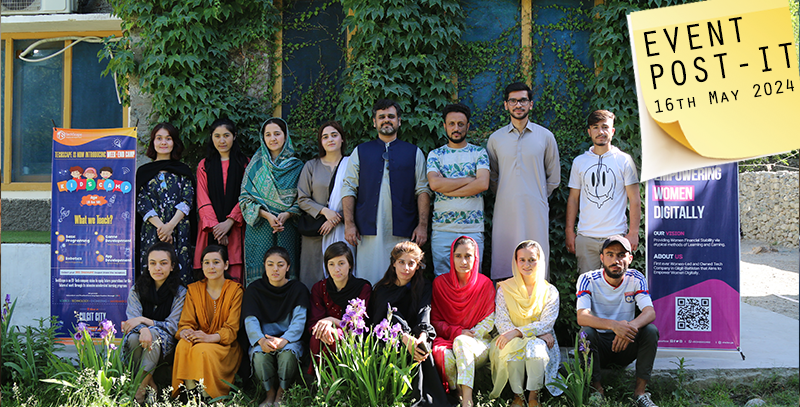FGD
Freelancing is an income lifeline for mountain communities: tech entrepreneurs
Date: September 10, 2024
Gilgit: While the rest of Pakistan grapples with job market challenges, young entrepreneurs from Gilgit-Baltistan have found ways to circumvent traditional growth models, and turned to freelancing in droves. This has driven up income in remote mountain communities, whose dependence on subsistence agriculture has lessened, and in many cases proved to be a lifeline. This was discussed at Jinnah Institute’s roundtable with tech-based workers for its ongoing Resilience project.
Participants saw that poor digital infrastructure was a major impediment for the region’s socio-economic development. Better internet can significantly improve social services, early warning systems and community welfare, as it has done for the rest of Pakistan. In Gilgit city, the internet is unavailable or slow through most parts of the day, and several participants shared that they have to relocate to another area to find internet signals on their smartphones. “To access a single document, or a multimedia file on Whatsapp, we must travel to another location. We can make our downloads in university, but because many of us return to villages outside Gilgit city, this becomes impossible as the internet is simply not available,” said a student from Karakoram University.
Telecom company representatives explained that Gilgit Baltistan’s mountainous terrain makes it challenging to install cell phone towers in remote locations, thereby reducing the quality of internet service in several districts. The severity of climate change has added greater wear and tear to existing telecom infrastructure, and increased operational expenses for telecom providers. However, the single major factor that allows private companies to expand digital infrastructure is profitability; because many districts have a sparse rural population, the average revenue per user (ARPU) is much too low to support the installation of additional mobile towers. Private companies stated that they have tried as much as possible to digitally assist the local population, as mobile communication is critical for the region.
Despite its infrastructural disadvantage, experts pointed out that Gilgit-Baltistan has a vibrant startup landscape, and young people are increasingly inclined towards acquiring digital skills over traditional degrees that fail to get jobs. In particular, young women have stepped forward to become enterprising tech workers, in an industry usually dominated by men. Pakistan’s IT sector comprises 29 per cent women workers, but this ratio may be significantly higher in Gilgit-Baltistan. Participants felt that women’s digital empowerment challenges traditional gender roles, as much as it contributes to community income, exposure and resilience.
Participants noted that initiatives to train women in coding, web development, and design have been successful, but the challenge of limited mentorship and networking opportunities persist. Women participants stated that family restrictions significantly impact women’s ability to scale their tech ventures or secure employment that matches their skills. As research shows, over 30 percent Pakistani women (compared to only 3 percent men) do not own a mobile phone due tofamily disapproval.
This roundtable was part of Jinnah Institute’s country-wide research study examining sources of community resilience, particularly in locations and among socio-economic groups experiencing multi-dimensional vulnerability.

